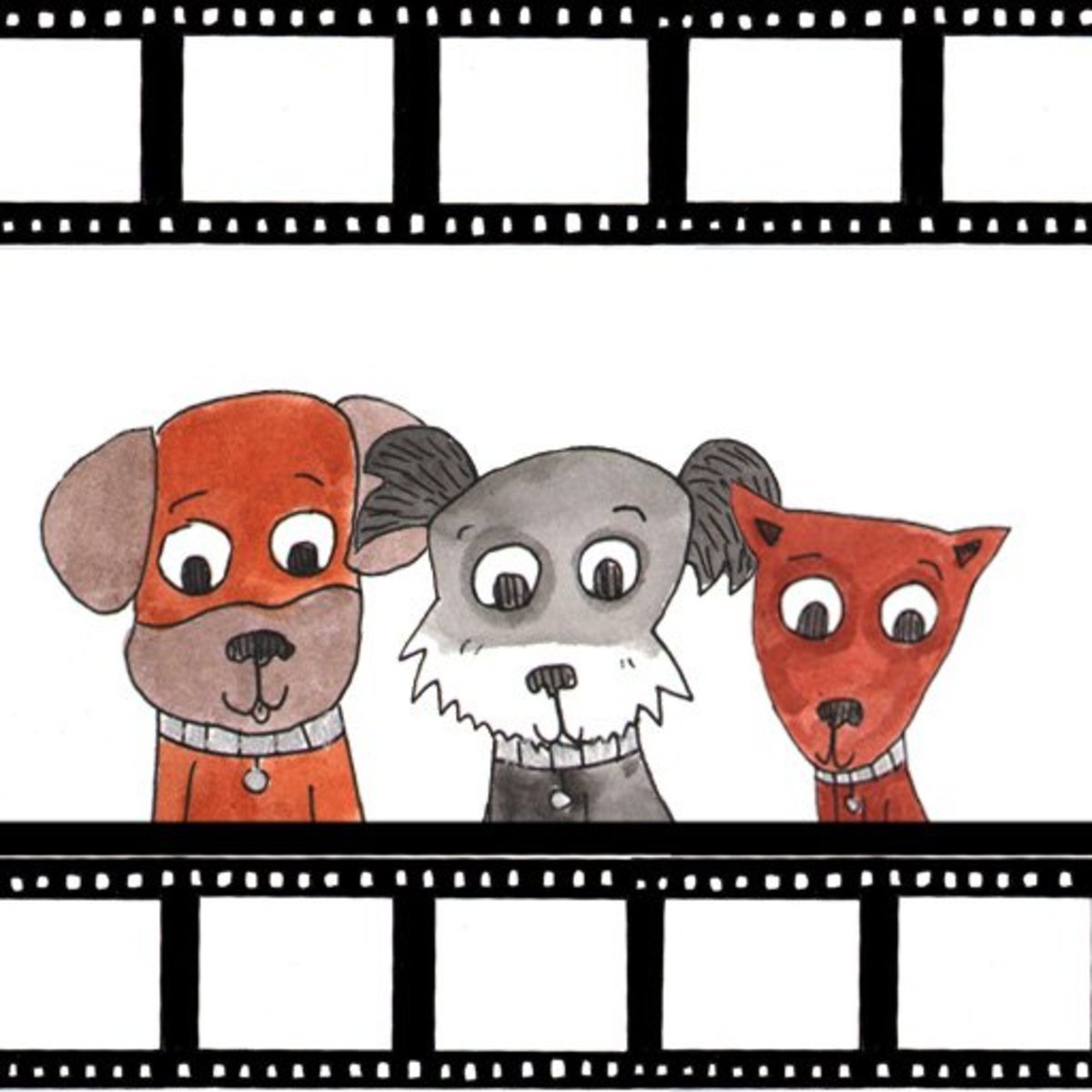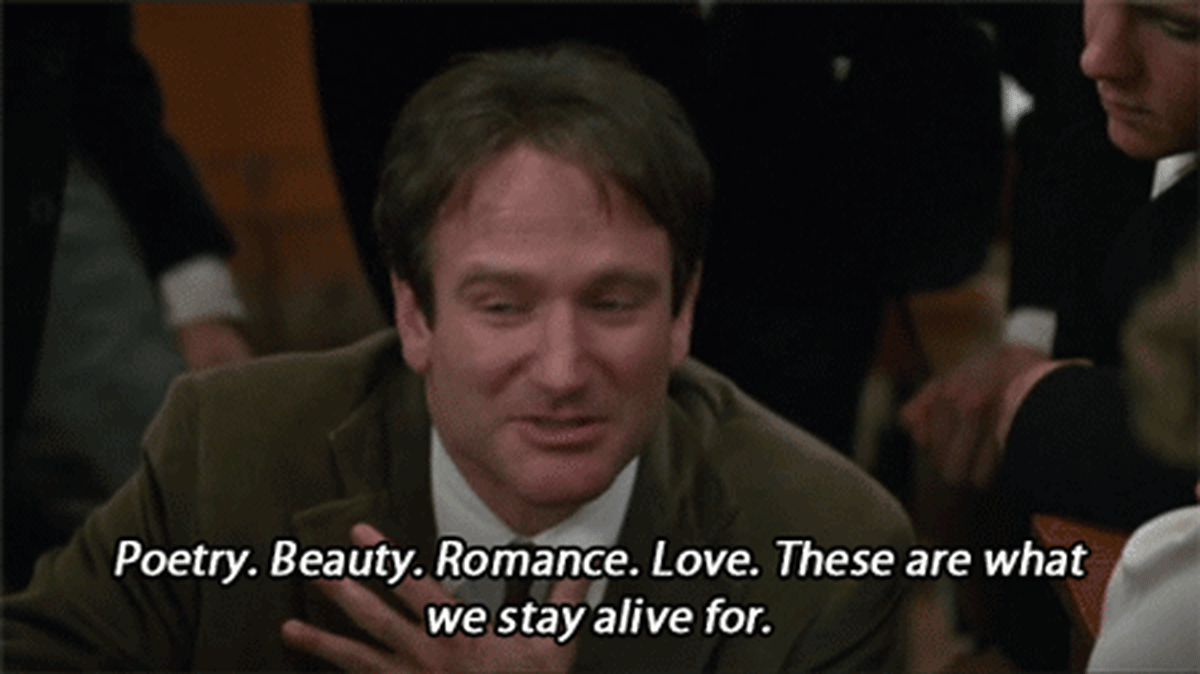- HubPages»
- Books, Literature, and Writing»
- How to Write»
- How to Get Published
Tips To Help You Publish Your Novel

I should probably preface this article by saying I am not a published author, not yet anyway. However, I have been trying to publish my fantasy novel for over a year now and I feel like I’ve learned a few things along the way. My hope is that, by conveying this information to you, it might help to prevent you from making some of the rookie mistakes I made. Also, please keep in mind that this is for the traditional route of publishing (agents, editors and publishers) not self publishing. It also pertains primarily to fiction novels and makes the assumption that your book is already finished and edited.
Strong Character Names (or at least not stupid ones).
Way back when I first started writing my novel, I named my character based on two things. His first name was after a famous fantasy character, to whom I owed a lot of my inspiration, and his last name was after me. Literally, his last name was my first name. I was lucky that it also works as a last name, and didn’t sound half bad, but I didn’t realize at the time that, by keeping it, I was coming off a bit arrogant. While it’s true that most, if not all, of our characters are like us in some capacity, we probably should never name them after us (or any real people, for that matter).
But, I had been using the name for so long that I was reluctant to change it when I first started to submit query letters. After twenty or so rejections, my wife also stressed the need to change the last name. And so, I finally made the switch. But, it’s important that, even if your character isn’t named something stupid, they might not be named something memorable either. Think back to some of your favorite stories and see how well you can remember the names of the characters. A name like Indiana Jones is going to pop more than John Carter (sorry John). Or Bilbo Baggins being more memorable than Richard Cypher (again that is not a jab at those books). You want a name that is unique enough to be instantly associated with your series (if it is a series) but not so unique that it looks like you were trying too hard. Anastasia Steele just sounds artificial. You might not think that names are terribly important, when trying to get published, but even if that small thing can catch someone’s interest, or stick in their mind, then I believe it is a decision worth making.
Straightforward Synopsis.
One of the biggest differences between a synopsis for an agent, versus a synopsis for a potential buyer, is that you’re marketing it to the agent as a product that can be sold. Think of it like this; if you invented a new cookie, you would market it to distributors in this manner: “New cookie will appeal to chocolate lovers and dieters because it is low in calories. This would be best distributed in bakeries and super markets.”. Whereas marketing it to the public would sound something like “Delicious double chocolate chunk cookie. Only 100 calories!!!” You have to convince the agent/publisher on how your book would be sold and who would buy it, not necessarily appealing to them as a reader of books. It does become a difficult balance, however, of being too robotic versus too informal. I will admit that I struggle with it still, but I bring it up because your synopsis should be your book in miniature, including all of the spoilers, twists and turns. This can be particularly difficult when you have a long book (more on that later) but it’s important to put everything down on a single page, if possible. And, when you’re writing a brief pitch in the query letter, don’t leave it so vague that the agent thinks you’re annoying, rather than intriguing.
Simple Query.
Building on the previous section, your query letter should also be simple. The first query letter I submitted was two single spaced pages of dense paragraphs. Looking back on it now, all I can do is shake my head. I basically gave the guy every bit of history on my novel’s lifespan, which is no doubt the reason why he never got back to me (many agent rejections are done via a lack of response). Based on many suggestions, I learned that a query should really only be one page long, consisting of three paragraphs. The first paragraph tends to be why you’re querying this specific agent. The second is your short description of the book. And the third is the targeted market of the book, its word count, and any writing credentials you might have. If you’re like me, then some of these requirements will bleed together, but I still try to stick to the three paragraph query. If your proposal is short, then it’s more likely to be read in its entirety, so make it a strong one. The worst thing you can do is waste their time.
The Single Best Resource for Finding an Agent:
Know Your Market.
Speaking of wasting the agent’s time; know your market before submitting. Agents are not generic, and neither are publishers. Some want fantasy, others want romance, or non-fiction, or mystery or whatever. One of the fastest ways to get rejected is to submit to the wrong person. Sure, there is a slim chance that your book is so great that even a non-believer will be converted, but you should never rely on that. Single out the places that accept your genre and go to them first. Knowing your genre will also help you focus your query letter so that you display experience with the group you’re trying to get into. Doing a little research on your agent/publisher will also help you narrow the focus of your query. For example, if one of the books they represent is very similar to yours, you might decide to mention that in the letter.
I can understand that, sometimes, a fear arises that slush readers are jaded against a specific genre. In other words, they roll their eyes when you mention an elf in your fantasy or a grizzled ex-cop in your mystery. This was a concern of mine early on, which drove me to invent a lot of original creatures for my fantasy novel. However, there were two important things that I didn’t realize at the time. The first was that these ‘clichés’ are what sell. People are familiar with them; they wouldn’t be clichés if they hadn’t been popular first. Which means there is a market, even if people say they are sick of elves and grizzled cops. The second thing I didn’t realize was that, whether it’s an agent or a publisher, they represent that specific genre for a reason. Some part of them must love it, so by trying to distance myself from the staples, I risked alienating fans and making my book harder to sell. Nowhere is this more apparent than in a brief parody I wrote of traditional fantasy novels. At the time, I thought such a fresh idea would be praised, but now it seems to be holding me back. I’m not saying that you should employ clichés in order to get published, I only ask that you consider the two things that I didn’t.

Book Length!
So, here is probably the best piece of advice I can give you. It’s the best because it’s the one thing an agent has actually told me about my novel. You see, while I was working my butt off to shrink my query letter and synopsis, it only occurred to me in passing that the process was way harder than it should be. I also noticed that the word length for books in my genre was nowhere near what I had, but still it didn’t hit me. Then, finally, an agent was nice enough to tell me outright; the book is too long to market. For reference, my book was 230,000 words long, where as the average in my genre is somewhere between 70,000 and 125,000. It was no wonder I was having trouble condensing the synopsis into one page! It’s true that there are popular fantasy novels on the market that have similar word counts to my book, but it’s incredibly rare for a first time author to get away with it. So, I made the decision to cut the book in half and only market the first part. We’ll see how that goes over the course of this next year, but I think it’s an incredibly important piece of advice. Agents and publishers want a book that they can sell within their parameters of marketing. Too short and it might seem like your book isn’t worth reading. Too long and it looks intimidating. So, while I was sad to make the change, it was ultimately the right one to make.

The Three P’s.
The last bit of advice I will pass on to you is this; don’t give up. It’s something that I have to tell myself every day. As of the writing of this article, I’ve amassed more than 50 rejections over the course of one year. It might not seem like much in the grand scheme of things, but when you consider how long it takes to get responses, and the limited number of agents/publishers in a specific genre, it is easy to get demoralized. I completely understand it; but this is a dream for a reason. We can’t give up on our dreams so easily. Patience, perseverance and persistence are the three P’s of publishing. But, hopefully, I’ve made your journey a little easier.






